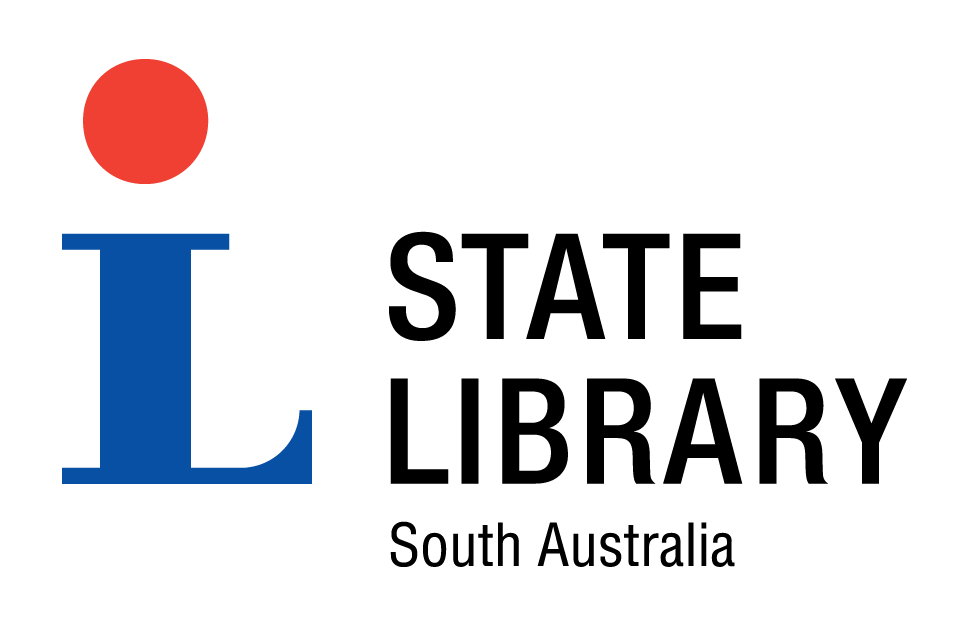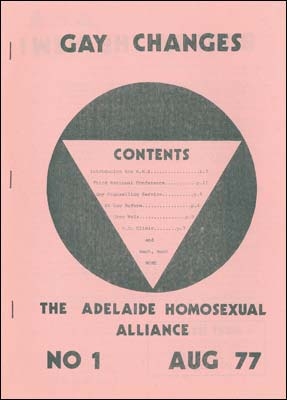
Gay Rights
References to same sex attraction among men and women have appeared in literature since the time of the Greek philosophers and poets. In about 600 B.C. Sappho was writing poetry to her female companions on Lesbos and in 360 B.C. Plato in Symposium relates a discussion on the nature of erotic love between two men.
Early English responses 1376 to 1861
Responses to sexuality since antiquity have been largely cultural, focusing almost entirely on relationships between men, and driven by religious belief and social perception. In 1376 the English Parliament unsuccessfully petitioned Edward III to banish foreign artisans accusing them of the "too horrible vice which is not to be named". The first English legislation relating to same sex relationships was The Buggery Act introduced by Henry VIII in 1533. Abolished in 1553 it was reinstated by Elizabeth ten years later. From this time until 1861 English law proscribed the death penalty for this offence.
South Australian law reform 1859 to 1975
In the colonies of New South Wales and Tasmania seventeen people were executed for buggery between 1828 and 1863 [French, Camping by a billabong, pg.6]. Although South Australia by default also proscribed the death penalty for the crime of buggery, there were no executions, and in 1859 the South Australian Parliament passed An Act for consolidating the Statute Law in force in South Australia relating to Indictable Offences against the Person. Section 42 of that act decreed that "Whosoever shall be convicted of the abominable crime of buggery, committed either with mankind or with any animal, shall be imprisoned for life, with solitary confinement." This began a process of slow but steady amelioration of the penalties for buggery.
The Criminal Law Consolidation Act, 1876, Section 71 amended the penalty to "Whosoever shall be convicted of the abominable crime of buggery... shall be liable to be imprisoned for life, or any term not less than ten years, with hard labour, and maybe whipped." Section 72 of the same Act added the crime of attempting to commit the "abominable crime of buggery", and allowed for imprisonment, "not exceeding ten years, with hard labour, and maybe whipped." The Criminal Law Amendment Act, of 1925 further reduced the penalty for buggery to a term of imprisonment "not exceeding ten years, with hard labour, and maybe whipped." But this Act added a section (15) in which any,
male person who, in public or in private, commits or is a party to the commission of or procures or attempts to procure the commission by any male person of an act of gross indecency with another male person shall be guilty of a misdemeanour and shall be liable to imprisonment for any term not exceeding three years, with hard labour.
Apart from a minor amendment in 1935, the law remained largely unchanged for several decades, until two events worked to completely overturn the legislation. On June 2 1970 the Dunstan Labor government was elected, beginning a decade of social reform, and on May 10 1972, Adelaide University law lecturer, Dr George Duncan, was thrown into the Torrens River and drowned.
On 26 July 1972, Liberal MLC, Murray Hill, introduced a private members Bill to amend the Criminal Law Consolidation Act, 1935-1971. The amended Bill was passed and assented to on 9 November 1972, and changed the law to allow for the defence of a "homosexual act ... committed with another male person, in private", where "he and the other male person consented to the act and had attained the age of twenty-one years."
The following year the ALP Member for Elizabeth, Peter Duncan, introduced his Criminal Law (Sexual Offences) Bill into Parliament. This was passed in the Lower House but was defeated on two occasions in the Legislative Council. Duncan introduced a substantially unchanged Bill to the Parliament on 27 August 1975, where it was read a second and third time and passed, all on the same day, making South Australia the first state to decriminalise homosexual acts between consenting males.
Items 1 - 12 of 44















